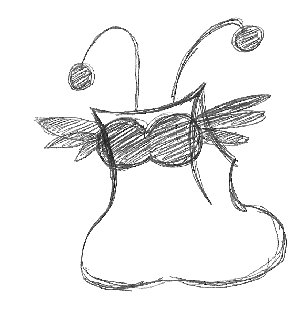 What I do know I have gotten mostly from Sojourners' gift shop, Wikipedia, and some seriously unfamiliar websites on iconography and saints and such. I was introduced to the world of saints in Europe; it is not my world. Actually, after having some personal experience with it, I feel more separated from it than ever. I have my problems, even some entire complexes, with my American churches; but we do not put red velvet ropes around anything, and when we choose one story to be our church's most public message we don't go with "Ha ha, we got John's bones back from the silly Muslims!" It's a totally alien world to me, which is probably why I had never heard of this rather important person.
What I do know I have gotten mostly from Sojourners' gift shop, Wikipedia, and some seriously unfamiliar websites on iconography and saints and such. I was introduced to the world of saints in Europe; it is not my world. Actually, after having some personal experience with it, I feel more separated from it than ever. I have my problems, even some entire complexes, with my American churches; but we do not put red velvet ropes around anything, and when we choose one story to be our church's most public message we don't go with "Ha ha, we got John's bones back from the silly Muslims!" It's a totally alien world to me, which is probably why I had never heard of this rather important person.Julian of Norwich was the first woman to write a book in English. Very little is known about her. She seems to have been well-educated, and might have been from a Benedictine order of nuns. She wrote deeply and intimately about motherhood, and God's motherly nature; this suggests that she may have been a mother, and that she may have become a nun after losing her husband and children to the plague that struck Norwich in 1361.
I'll just quote what Sojo says beyond that:
Her hermit's cell was a simple structure with a window that opened onto the interior of the church and its altar, and another that opened for those who came to her from the street, seeking counsel and merely a listening ear. In this icon she is shown at the latter window with her cat, listening to those who come to her with their problems, fears, and woes.
(Hence, "House by the Side of the Road.")
It is a tricky thing to attribute a quote to Christ. Beyond the fact that there's never really an opportunity to say "Can you repeat that?" there's all the messy issues of dreams, or hallucinations, or (in Julian's case) severe illness... and even if you don't hold that to much meaning, there's my main issue with it, which is that heavenly language does not hold up well to English translation. That being said, many of the quotes of Julian of Norwich are actually those she experienced in revelation. Such as her most famous:
All shall be well, and all shall be well, and all manner of things shall be well.which was Christ's response when she asked why sin had to exist.
This second quote I have borrowed from this website's helpful summary (This website gets double secret bonus points for being called "The Website of Unknowing"):
One of the loveliest stories from Julian’s series of visions involves a time when she was asked to hold something little, no bigger than a hazelnut. When she asks God what this is, she is told “It is everything that is made.” She marvels that this thing could even continue to exist, so small and delicate it appears. She then comes to understand that this little thing exists — and continues to do so — because God loves it. “In this little thing, I saw three properties. The first is that God made it. The second is that God loves it. The third is that God keeps it.”Also:
The fullness of joy is to behold God in all.

No comments:
Post a Comment